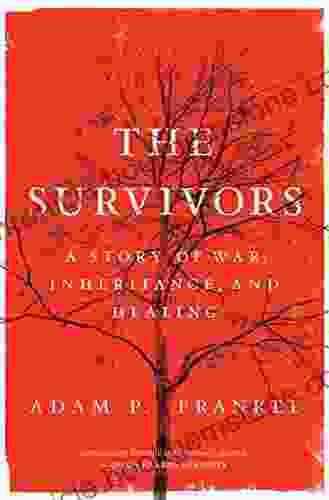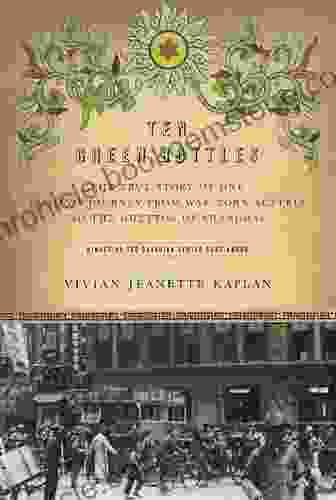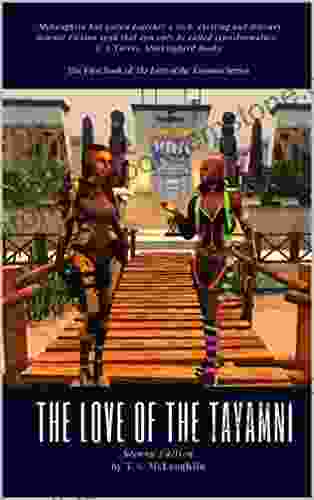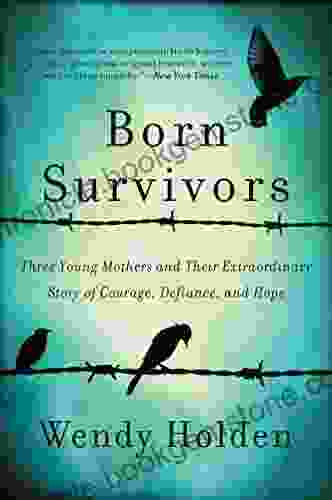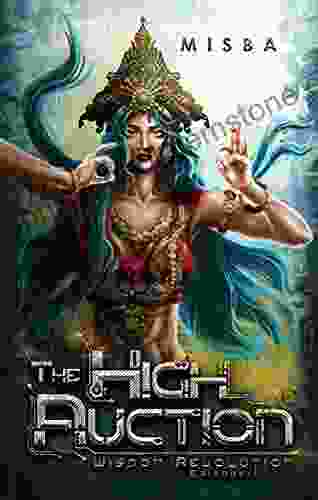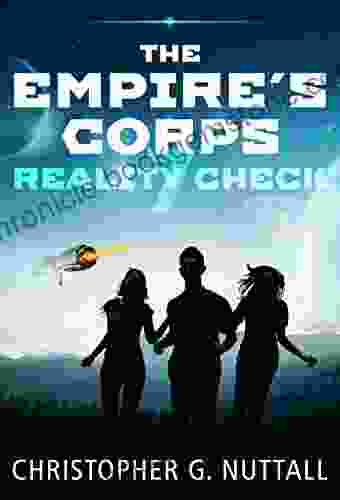War, a brutal and devastating force, leaves behind a profound legacy of pain, trauma, and loss. It not only inflicts physical and emotional wounds on its victims but also casts a long shadow over generations to come. The inheritance of war is often a heavy burden, passed down through families and communities, shaping their identities and destinies. However, even in the darkest of times, there is hope for healing and reconciliation.
The Scars of War
War's impact is far-reaching, leaving visible and invisible scars on its survivors and their descendants. Veterans may suffer from physical disabilities, mental health issues such as PTSD, and the lingering effects of trauma. Their families and communities often bear the weight of their struggles, experiencing secondary trauma, financial hardship, and social isolation.
4.5 out of 5
| Language | : | English |
| File size | : | 15980 KB |
| Text-to-Speech | : | Enabled |
| Screen Reader | : | Supported |
| Enhanced typesetting | : | Enabled |
| X-Ray | : | Enabled |
| Word Wise | : | Enabled |
| Print length | : | 277 pages |
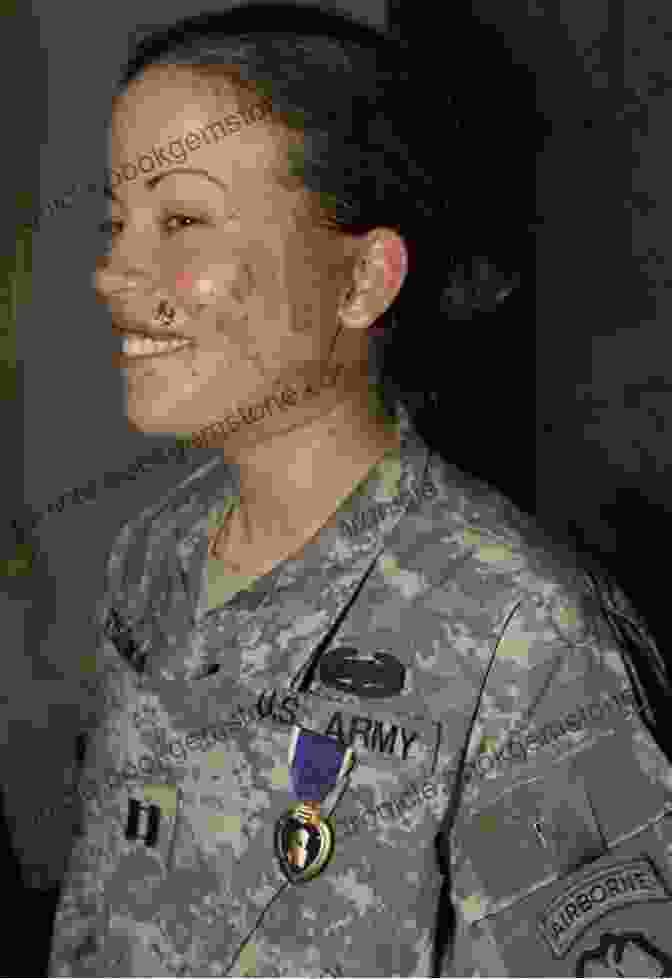
The inheritance of war can also manifest in more subtle ways. Children of war may grow up with a heightened sense of anxiety, mistrust, or fear. They may struggle with identity issues, feeling like outsiders in a world that seems foreign or hostile. The intergenerational transmission of trauma can continue for generations, perpetuating a cycle of suffering.
The Legacy of Hatred and Division
War often fuels hatred and division between communities, leaving a bitter legacy that can endure long after the conflict has ended. Historical grievances, ethnic tensions, and political ideologies can become deeply entrenched, creating a breeding ground for future conflicts.

The inheritance of war can poison relationships between different groups, making it difficult for them to reconcile and move forward. Victims of war may harbor feelings of anger, resentment, and bitterness towards their perceived aggressors, making it challenging for healing and forgiveness to take place.
The Power of Resilience
Despite the immense challenges they face, war survivors and their descendants often demonstrate remarkable resilience. They find ways to cope with their trauma,rebuild their lives, and create a sense of purpose in the face of adversity.
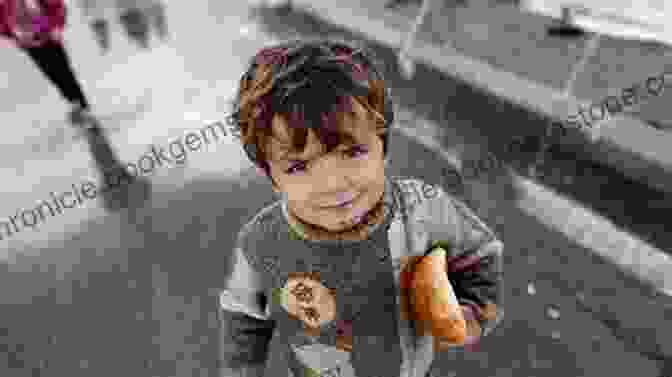
Resilience can be fostered through various factors, including:
* Social support: Strong relationships with family, friends, and community members can provide a buffer against the negative effects of trauma. * Purpose and meaning: Finding a sense of purpose and meaning in life can help survivors overcome adversity and rebuild their lives. * Coping mechanisms: Healthy coping mechanisms, such as exercise, meditation, or creative expression, can help survivors manage their emotions and reduce stress.
The Path to Healing and Reconciliation
Healing from the wounds of war is a complex and ongoing process that requires both individual and collective efforts. It involves addressing the psychological, social, and physical consequences of war, as well as fostering reconciliation between former enemies.

Several key steps can contribute to healing and reconciliation:
* Truth and accountability: Acknowledging the horrors of war, facing the truth about past atrocities, and holding perpetrators accountable can help create a foundation for reconciliation. * Dialogue and understanding: Open and respectful dialogue between different groups can foster empathy and understanding, helping to break down barriers and build bridges. * Restorative justice: Approaches that focus on healing and repairing harm rather than punishment can create space for reconciliation and community rebuilding. * Education and awareness: Educating future generations about the causes and consequences of war can help prevent future conflicts and promote peace.
The story of war, inheritance, and healing is a complex and multifaceted one. It is a tale of pain, loss, and division, but also of resilience, hope, and reconciliation. While the wounds of war may run deep, it is possible to find healing and break the cycle of violence. By working together, we can create a more just and peaceful world where the legacy of war is not one of hatred and fear, but of compassion and understanding.



